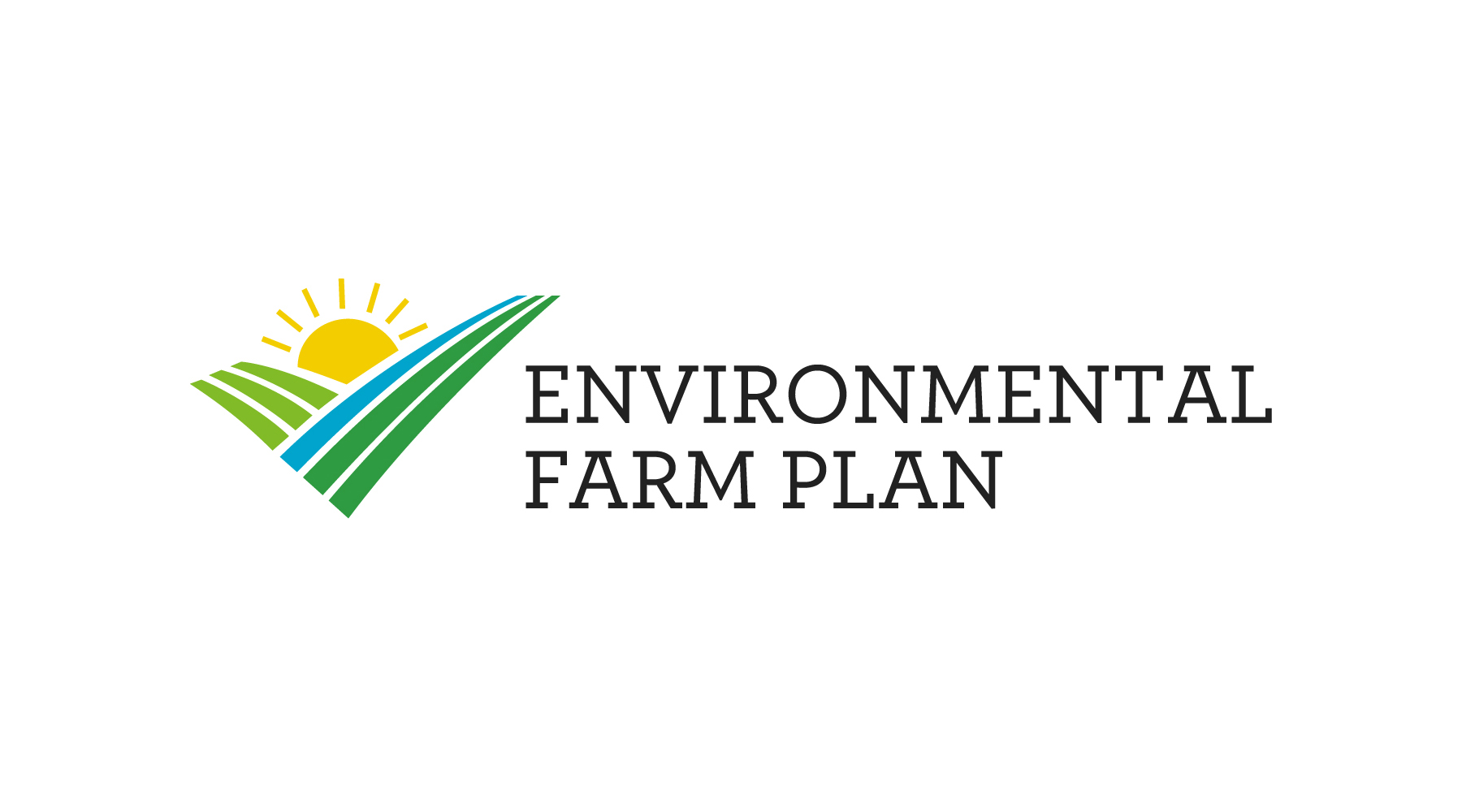Reducing agricultural greenhouse gases
Greenhouse gas (GHG) emissions from agricultural activities can be reduced through more efficient management of carbon and nitrogen flows within agricultural systems. Here are some beneficial management practices recognized for lowering greenhouse gas emissions.
Livestock and manure management
Livestock and manure management are significant contributors to agricultural GHG emissions. The following practices can sequester carbon and / or mitigate GHG emissions from livestock and manure:
- Use livestock feed additives
- Practice rotational grazing to sequester carbon in the soil
- Select high quality feed that will reduce methane released from enteric fermentation
- Manage manure to reduce methane and nitrous oxide
- Cover manure storage facilities
- Optimize manure use with nutrient management plan
- Capture and combust methane from manure storage
Soil conservation and carbon sequestration
Agricultural ecosystems hold substantial carbon reserves. The following farm practices promote carbon sequestration by either increasing storage of carbon or reducing the loss of stored carbon:
- Enhance nitrogen management through nutrient management planning
- Reduce tillage
- Decrease bare fallow
- Return crop residues to the soil
- Establish agroforestry systems
- Increase cover cropping
- Implement rotational grazing
Energy conservation and fuel switching
Each farm operation has different opportunities for energy conservation and fuel switching. Some examples include:
- Conduct an on-farm, all-fuel energy assessment to identify energy saving opportunities
- Ensure that all heating and cooling systems are in good working order
- Use timers, sensors or variable speed drives on ventilation, heating, cooling and lighting systems
- Replace fossil-fuel powered equipment with electrical pumps and motors
On-farm energy production
Renewable energy sources can displace fossil fuel use, reducing GHG emissions on and off-farm. They can also help decrease reliance on energy sources with volatile prices, and create new economic diversification opportunities for agricultural producers. Renewable energy technologies suitable for on-farm use include:
- Anaerobic digestion (PDF, 2.2 MB)
- Geothermal
- Solar thermal infrastructure
- Wind turbines
- Solar panels (photovoltaic)
- Rechargeable batteries
Learn more about reducing the environmental impact of your farm operations
Contact information
AgriService BC
Have a question? Call or email and a staff person will assist you.
1 888 221-7141
AgriServiceBC@gov.bc.ca


